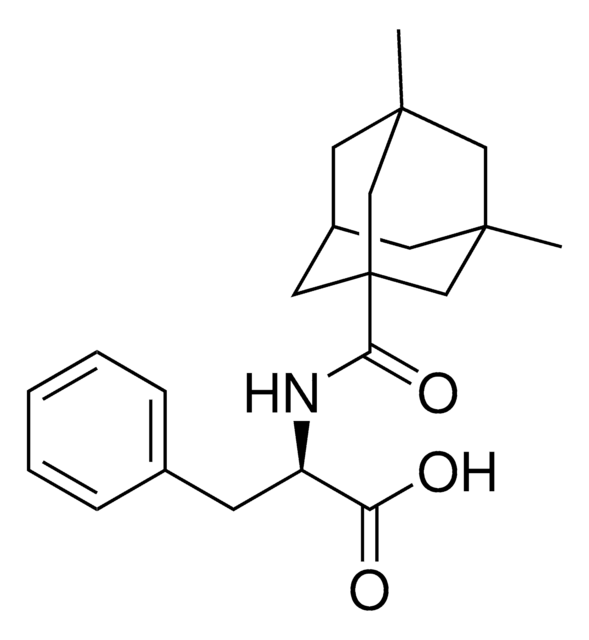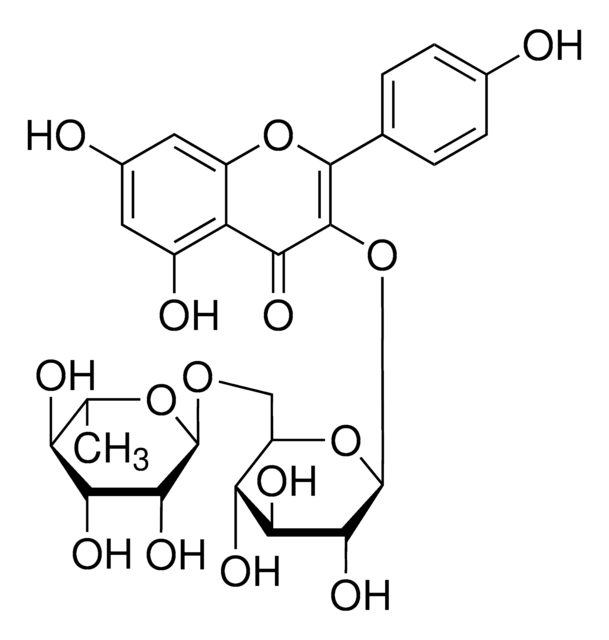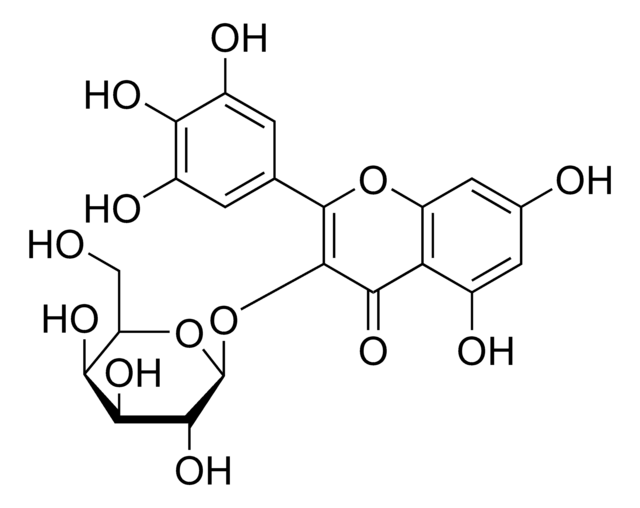SML3497
LY345899
≥95% (HPLC)
Synonym(s):
5,6,7,8-Tetrahydro-N5,N10-carbonylfolic acid, LY 345899, LY-345899, LY354899, N-[4-(3-Amino-1,2,5,6,6a,7-hexahydro-1,9-dioxoimidazo[1,5-f]pteridin-8(9H)-yl)benzoyl]-L-glutamic acid
About This Item
Recommended Products
Quality Level
assay
≥95% (HPLC)
form
(Powder or Lyophilized powder or film)
storage condition
desiccated
color
white to beige
storage temp.
-10 to -25°C
SMILES string
O=C1N2C3=C(NC(N)=NC3=O)NCC2CN1C4=CC=C(C=C4)C(N[C@H](C(O)=O)CCC(O)=O)=O
Biochem/physiol Actions
Storage Class
11 - Combustible Solids
wgk_germany
WGK 3
flash_point_f
Not applicable
flash_point_c
Not applicable
Choose from one of the most recent versions:
Certificates of Analysis (COA)
Sorry, we don't have COAs for this product available online at this time.
If you need assistance, please contact Customer Support.
Already Own This Product?
Find documentation for the products that you have recently purchased in the Document Library.
Our team of scientists has experience in all areas of research including Life Science, Material Science, Chemical Synthesis, Chromatography, Analytical and many others.
Contact Technical Service







